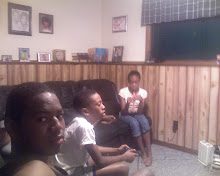
For my Resistance project my friends and i decide to protest against talking the Lord our God's name in vain. people often to this without thinking of what they are saying or who they are offending around them. we decided to make tee shirts with a quote on them which says "Don't offend my God; I don't offend yours".
while i wore this tee shirt during the day a lot of people asked what my shirt said. when i told them what it said many agreed and told me that they believe that too. a few others said that this was part of the way they talk and would probably not stop taking Gods name in vain, although they were professed Christians.

i think that if people really cared about serving God and wanted to be better Christians they would try to stop saying such things especially seeing that it is part of the ten commandments. im not saying that i doont slip up sometime but i try to not say such things when i can.
People often say such things as a form of frustration. a solution for this although many may disagree with me is just to use plain old curse words such as the F word and the S word. these words don't discriminate anyone and would a fine replacement.
